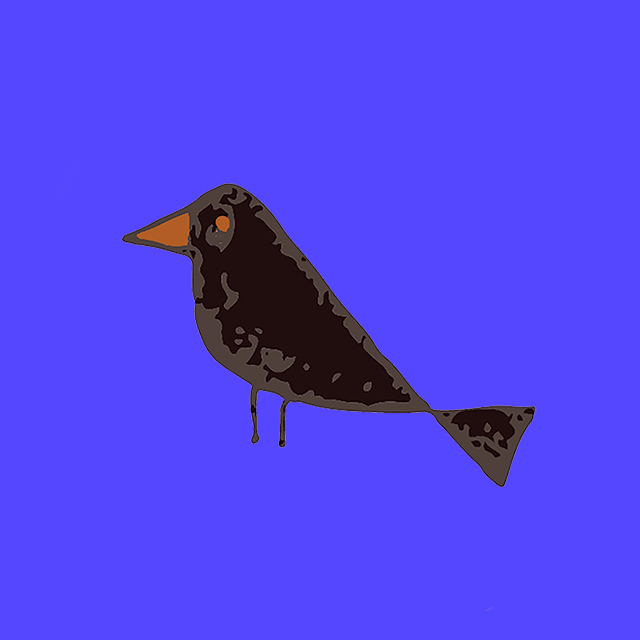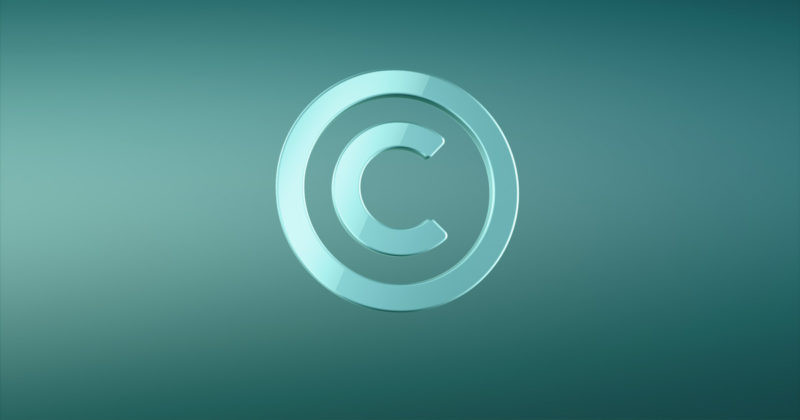
Mar 17•4 min read
Towards Self-management - Copyrights

[Listen or read the podcast-post IN SPANISH]
As authors, we are conscious of the value of Intellectual Property, which is directly associated with our author's rights, a.k.a. our copyrights. And as we mentioned in our previous episode, a material creation (our ideas for the creation of something do no not count) is the author’s job, even if it has been registered or not. The author of said work must be compensated if he, or she, decides to make it public, and that is why it is the author who retains the copyrights, and he is supported by law.
Why does the author retain those rights?
The protection and safety of the author by the law has two fundamental reasons (which he can find at the very origins of the IP laws). First of all, in many countries -including the US- its main objective is to promote the authors’ creativity, as well as to use it as an incentive to share it publicly, and this is why it is important to compensate the author and protect his/her “patrimonial rights”. Secondly, in Europe there is a special interest in defending the authors’ “moral rights” giving recognition for the work created.
What are the copyrights that every author needs to know?
In the physical world, the majority of countries follow the Bern Convention principles. However, every country develop these rules through regulations and laws with different consequences.
Concerning what happens in the Internet, several new regulations need to show up on the go according to different user cases, and without a doubt the Internet of Value will bring forward new challenges to law makers in the future.
Anyway, in accordance with the Intellectual Property World Organization, in the majority of cases nowadays concerning legislation on copyrights:
Most copyright laws state that the rights owner has the economic right to authorize or prevent certain uses in relation to a work or, in some cases, to receive remuneration for the use of their work (such as through collective management). The economic rights owner of a work can prohibit or authorize:
1. its reproduction in various forms, such as printed publication or sound recording;
2. its public performance, such as in a play or musical work;
3. its recording, for example, in the form of compact discs or DVDs;
4. its broadcasting, by radio, cable or satellite;
5. its translation into other languages; and
6. its adaptation, such as a novel into a film screenplay.
Examples of widely recognized moral rights include the right to claim authorship of a work and the right to oppose changes to a work that could harm the creator's reputation.
Here is a useful link with detailed information about copyrights, given by the Intellectual Property World Organization.
In any case, the experience of these last few years proves that these authors’ rights can work globally in the web, and a well known example of this are the Creative Commons licenses. That is why, as authors, we need to know them really well now, if we want to self-manage them better in the new Internet 3.0.
We will talk about the different options that authors have for the management of their rights in the next episode. I also hope to talk about those works of art that are created –and as such, only exist– in the web 3.0. They are called NFTs, or “Non-Fungible Tokens”, and truth be told they are a real revolution in the crypto-art world. However, that is a subject I hope to be able to talk about more in the future.
For the time being, it is important to understand that the Internet of Value can return the initiative to authors in the management of their copyrights. If you want to know more about what are the current options (and also the upcoming ones), subscribe to my podcast-newsletter [It comes with the English translation, here].
Georgina Mauriño,
Author and founder of Smartists on Stacks, building a user owned Internet.
